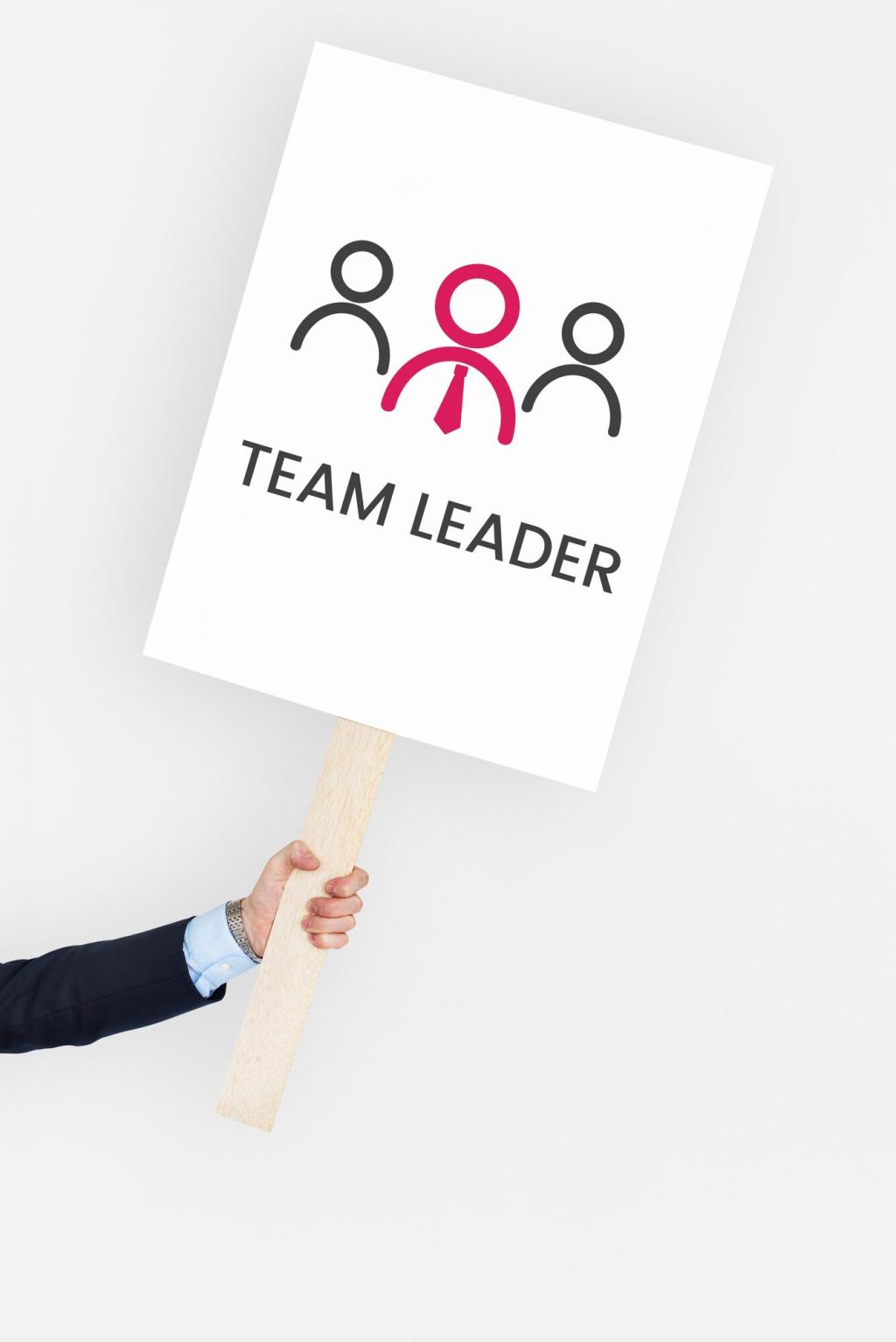Navigating Change: Tools for Volatile Markets
Resilience is engineered, not wished for. Practices like pre-mortems, cadence rituals, and slack capacity ensure teams recover from shocks without losing purpose. You learn to protect morale while resetting plans, preserving both performance and trust during turbulent quarters.
Navigating Change: Tools for Volatile Markets
Crisis labs teach concise, empathetic messaging. Leaders practice aligning executives, calming teams, and informing customers with honesty. The discipline of saying less, sooner, and clearly becomes a signature habit that builds credibility when stakes are highest.








